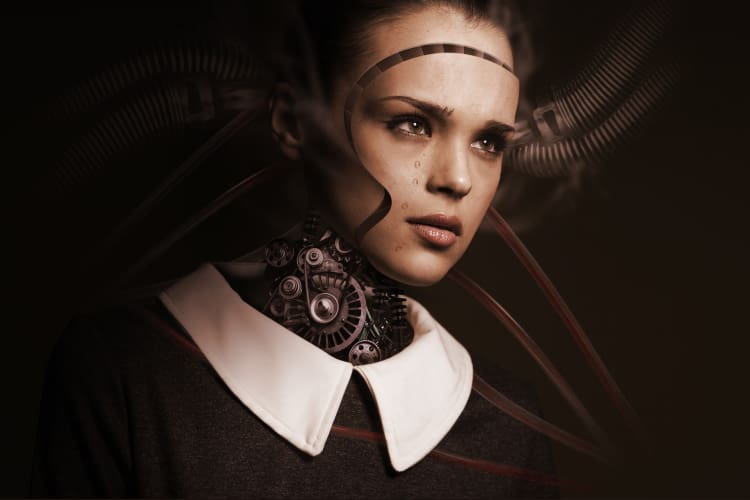Disruptive Potential of Technological Innovation - Google AI Assistant

Categorized under: technology trends
This past week, Google introduced the Google Assistant – an artificial intelligence powered personal assistant. During the demonstration of the product, the CEO of Google (Sundar Pinchai) let us listen in to the personal assistant using natural language to book a hair appointment. While booking a hair appointment might seem trivial, the possibilities for humans if computers can begin to better handle simple tasks such as this is limitless. In fact, what impressed most observers about the demonstration was how natural and seamless the technology was.
Basic Conveniences
One of the major concerns with disruptive technology and innovation in general is that it is going to displace large portions of the workforce who are currently employed in these fields. If we are really paying attention, technology has been automating basic conveniences for a long time. From ATM’s enabling self-service banking to gas stations enabling self-service vehicle fueling, there are many basic little conveniences which are already powered by technology. In recent years, advances in technology (improved processed power, reduce storage costs) have uncovered a whole new range of self-service options. Whether that is self-service food ordering at Panera and McDonald’s or using OpenTable for self-service reservations, technology enablement is all around us. However, as frequent users of these technologies, we find that they do not always function as intended. Sometimes the self-service kiosk crashes or the ATM can’t accept deposits. Despite these limitations, we are going to continue to see high levels of automation implemented for self-service tasks.
Medium Skills
Beyond basic conveniences, there have always been a set of tasks that are considered untouchable due to the limitations of technology. However, even this capability assumption has recently been challenged with self-driving vehicle technology which has created an entirely new set of questions. As Uber, Google, and the major automakers build self-driving vehicles the question becomes what happens to all the people who are currently driving the taxis, Ubers, Lyfts and other transportation vehicles? While this is certainly a concern, it ignores the malleability and immense adaptive capability of humans. There have always been new inventions and technologies that threaten the established order and because of our higher order thinking, humans have always been able to find new ways to make ourselves useful. The recent personal assistant artificial intellgience demonstration shows that we are getting a lot closer to employing computers to perform the basic conveniences of daily life. This development effort while not be without challenges as we have seen from self-driving accidents and fatalities.
Higher order
Over the next decade, we are likely to see an even greater shift in what technology enables. While there will have to be quite a bit of re-training of workers who were formerly employed in these fields along with a consideration for a basic level of income if the disruption is on a massive scale, we also need to consider what problems humans can become free to solve if we eliminate some of the more mundane tasks from our daily lives. From disease to hunger to war to homelessness to unemployment to climate change, there are really big problems in need of really big solutions. One of Google’s areas of focus throughout the history of the company is how do we organize the world’s information. Early on, they decided that one of their key metrics would be speed of information retrieval. In a similar manner, by developing technology that saves people time, we can be free to leverage our creativity and problem solving to design elegant solutions on a scale that is beneficial to the global community.
In the near term, these shifts are going to be painful because while we have a lot of really smart people pushing the boundaries of what is possible with technology, there isn’t enough thought being given to what happens if we are actually successful with mastering self-driving vehicles or providing every human with an automated, artificial-intelligence powered personal assistant. Once we rationalize our thinking along both of those key dimensions – power of technology and the disruption to society, there can be a cohesive framework in which we can ensure that key considerations are given equal time so that humanity can maximize the benefits and reduce the risks.


 By:
By: